
This journo has bravely told her story of the racism she’s experienced and overcome growing up as an Indigenous woman in Australia, and how it has informed her award winning reporting.
Isabella Higgins confidently says that as a proud Torres Strait Islander, she knows a black and white future is possible for this nation.
She is now the Indigenous Affairs Correspondent for the Australian Broadcasting Corporation, often travelling from her Sydney base to some of the most remote outback locations, to bring to the nation the stories of the oldest continuing culture on earth.
Isabella tells me in this episode of The Journo Project how she aims to elevate Indigenous voices to a more regular part of the national conversation.
“I think our media is mostly made up of white journalists and sometimes it is really hard for a broader audience to understand why this issue is important,” Isabella says.
“Or without the context of understanding, it's easy to kind of frame it in another way. So I always see it as my job. You've got to give so much context to everyone about, why is this important, why should everyone be listening and paying attention to this?
“And I think if you do it in the right way and you bring people with you and you make people realise, these are Australian stories, they're really important. People can be really receptive and really touched and can really see the amazing spirit and strength of all these communities.”

Above: Mitchell Wollnough, Isabella Higgins and Dean Caron on the road.
As the winner of the 2019 Walkleys Young Australian Journalist of the Year Award for Shortform Journalism, Isabella says it’s important for young people to gain confidence in their news sense and storytelling, so their perspective is heard in the newsroom and in the news.


“In the earlier stages of your career, if someone says it's not a good story, it's pretty easy to think, ‘Okay, it's not good enough.’ And just leave it right there,” she says.
“But the longer you work in the game, the easier it is to spot a story. You kind of know what people like to see and read and hear.
“And now it's at a point where I don't get too many of my stories knocked back, thankfully. And it's pretty great that the ABC has invested in this role. And so Indigenous stories are seen as important.
“I think the most important thing that we do now is to bring a diversity of voices to the stories that we do.
“Because I think in Indigenous affairs, and broadly the news, it's often the loudest voices that get heard the most. And sometimes it is the people who don't have the microphone, who really do need to have their stories told or whose perspective is so often missed in the really important arguments.”
She says diversity of stories in our news bulletins should reflect broader Australian society.
“It's so important because Australia's a diverse country and we should be representing Australia and the issues that Australians care about,” she says.
“And we're looking at now, how do we make people engage with news? Well you need to make sure all Australians feel represented and you need to make sure that they are stories that impact their lives.”
Isabella encourages all people to report more Indigenous issues, with her biggest advice being “always make sure you have Indigenous voices at the centre of the story”.
“I think in this day and age the most offensive thing you can do is have someone whitesplain an Indigenous issue,” Isabella says.
“And I'm not saying that you can't have white people in a story because this is Australia. Black and white people work together.
“I think it's really important to be sensitive about the Indigenous people you use as well. Are they the representatives from this community? So if you know you've got the respected elders speaking on an issue, then you can be pretty sure that these are the people who were trusted in the community to speak out and you can be pretty confident that they represent the views of their community.”
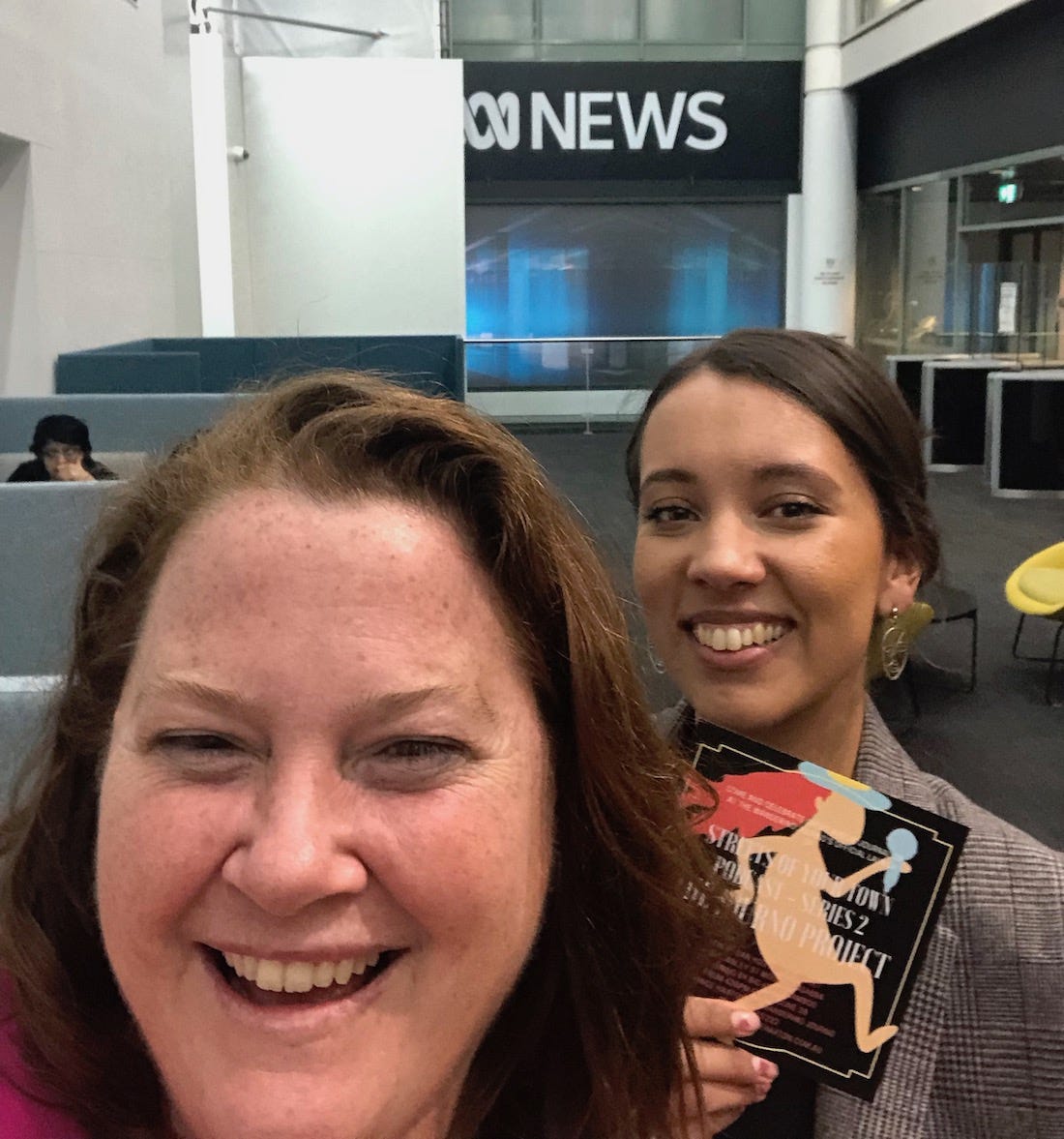
And here’s the proof of life pic: Isabella and I in the utilitarian surrounds of ABC studios in Sydney’s Ultimo doing our face to face interview for The Journo Project. I was lucky enough to grab Isabella between the amazing assignments that take her from one end of this amazing country to the other. She loves my Wandering Journo logo—as you can see! And I love her perspective as a successful and insightful young reporter. It’s important to me that The Journo Project covers a diverse range of reporters around Oz—thank you to my wonderful paid subscribers who have helped this vision become a reality!
What I’m reading
AFL legend Adam Goodes ended his glittering footy career at the centre of a racial row. In a new film he tells his story.
The mark of truth - The Weekend Australian
Sadly the bulk of this story is behind the News Corp paywall, and if there was ever a story that deserved to be released from the paywall for the importance of the wider community to access it, it’s this one. Or perhaps consider becoming a paid subscriber like I am so you can read this and other stories from the Weekend Oz in their entirety. I just love the Weekend Australian’s long form arts coverage and magazine. It’s where so many of Australia’s great journalists get to spread their wings and fly.
I’ll be seeing The Australian Dream this weekend, and I hope you can too. These are important national discussions to be had, and I’m excited The Journo Project is part of spreading that conversation too.
Serious foodies are taking their skills back to the regions – and fuelling local economies in the process.
Bringing home the bacon - The Australian
And for the foodies amongst us—and the lucky ones who were at the launch party of The Journo Project only a few short months ago—look at our amazing bamboo entrepreneur Becky! Better get in quickly and get your supplies before they run out.
Upcoming

Next week’s episode of Streets of Your Town—The Journo Project features a journo who I managed to grab for a face to face interview in between filling out the paperwork to break her rental lease, and going on the plane to Melbourne to become co-host of ABC News Breakfast! Lisa Millar spent almost ten years reporting from the US and the UK, starting her secondment with the Twin Towers still burning in New York, and leaving London as Brexit pandemonium took hold. She was looking forward to settling back into Queensland life but is now excited about being in the routine of three hours of live breakfast television every day alongside her old mate Michael Rowland. She tells me on the Journo Project about the highs and lows of the life of a foreign correspondent, and how some of her most memorable stories have come from Australia’s small country towns.
If you believe in journalism and wish to support it, subscribe to the paid version of this newsletter. The same content is free for anybody but your support helps sustain this podcast.







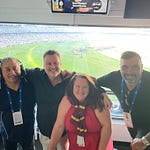
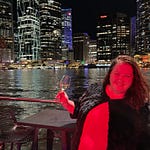

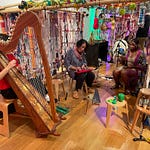
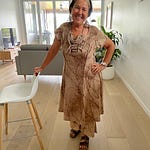

Share this post